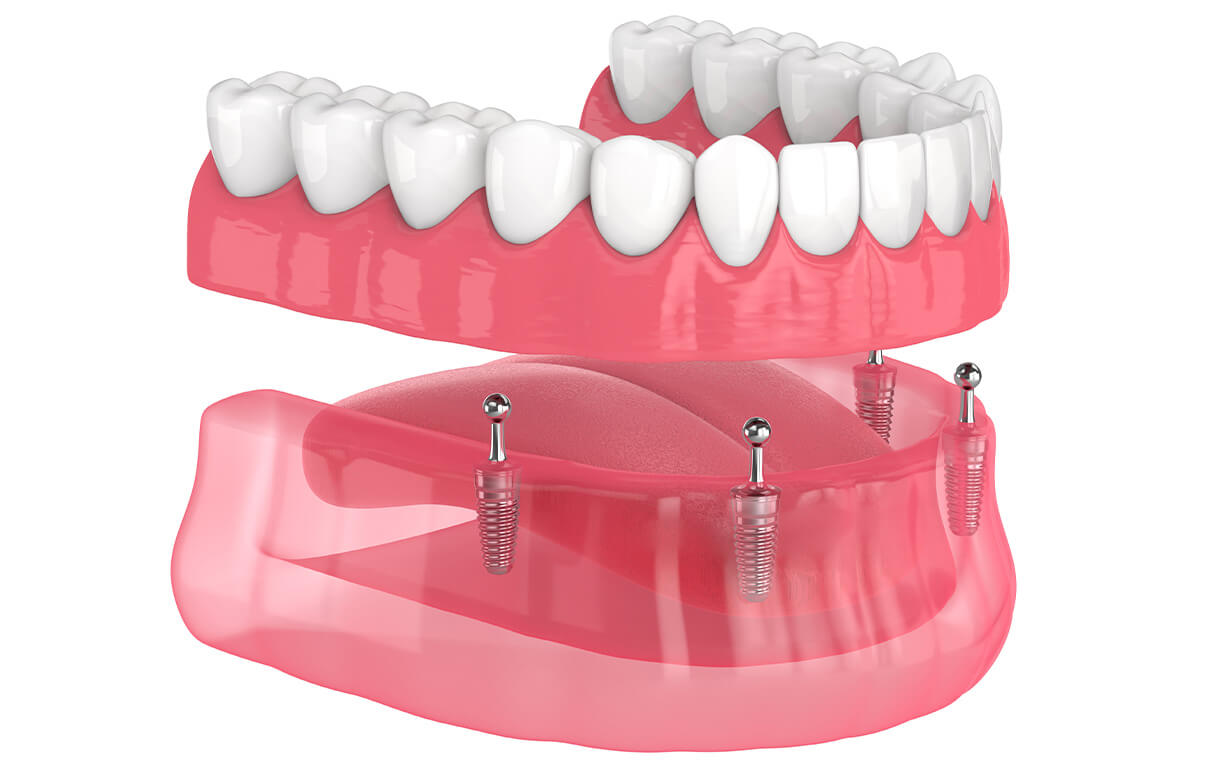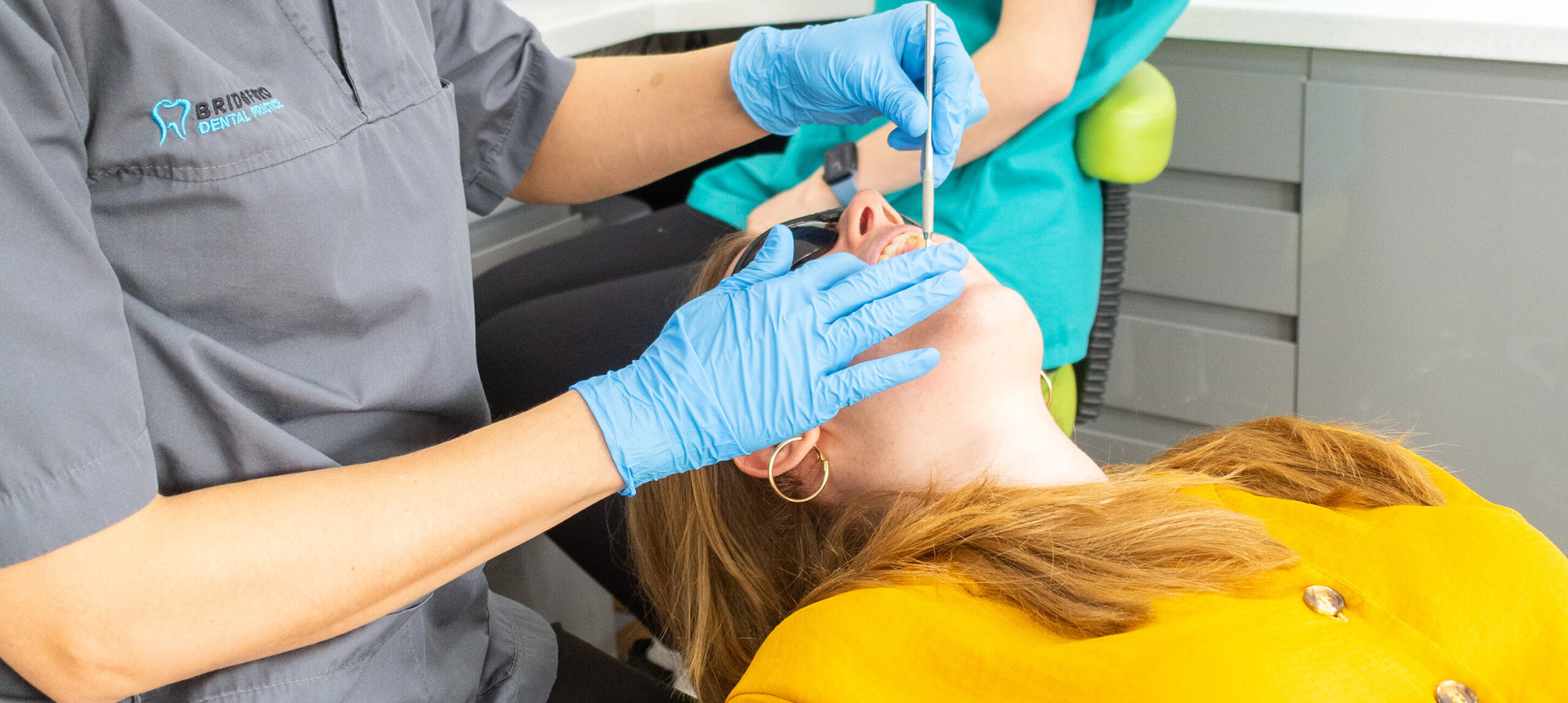With proper care, dental implants can last anywhere from 10 to 25 years—or even longer. They are one of the most durable and long-term solutions for replacing missing teeth. The key to extending the lifespan of your dental implants is maintaining good oral hygiene, including brushing twice a day, flossing daily, and attending regular dental check-ups and cleanings.
Lifestyle factors such as avoiding smoking, eating a balanced diet, and managing conditions like gum disease can also play a role in the long-term success of your implants. When properly maintained, dental implants in West Bridgford can offer a reliable, natural-looking solution that supports both function and aesthetics for decades.
The number of dental implants needed to support dentures depends on whether you’re replacing a full arch or a partial set of teeth. For a full set of dentures—either upper or lower—you may need 6 to 8 dental implants to securely anchor the denture and ensure long-term stability. In some cases, advanced techniques like All-on-4 can support a full arch using just 4 strategically placed implants.
If you only have a few missing teeth and require a partial denture, as few as 2 to 4 implants may be sufficient for proper support and comfort. Your dentist will assess your bone density, oral health, and treatment goals to determine the ideal number of implants for your needs.
Although the idea of having a metal post surgically placed into your jawbone can sound intimidating, the dental implant procedure itself is typically not painful. Your dentist will use local anaesthesia to numb the area around the implant site, ensuring you feel minimal discomfort throughout the process. Many patients report only feeling slight pressure or mild sensations during the surgery. After the procedure, some post-operative discomfort, swelling, or tenderness is normal, but these symptoms can be managed effectively with over-the-counter pain relievers and a soft food diet for a few days. Overall, dental implant placement is a safe and well-tolerated procedure that offers a long-lasting solution for missing teeth.
Not everyone is automatically a candidate for dental implants. To qualify, you need to have healthy gums and sufficient bone density in your jaw to support the implant securely. Without adequate bone, additional procedures like bone grafting may be required before implants can be placed. Certain health factors can also affect your suitability for dental implants. For example, smokers and individuals with medical conditions such as uncontrolled diabetes, autoimmune diseases, or certain bone disorders may face challenges with healing and implant success. That said, many patients with these conditions can still receive implants after careful assessment and management. If you are considering dental implants in West Bridgford, a thorough consultation and examination with your dental specialist will help determine if implants are the right option for you.
Yes. Cone beam CT scans provide high resolution, volumetric images with 3D views of critical anatomy for more thorough analysis of bone structure and tooth positioning. Cone beam CT scans deliver very accurate scans with images comparable to medical CT scans, though with a much lower radiation dose, with either in-chair / standing patient positioning (rather than lying in a tunnel) and quicker scan times.
We offer a CT scanning service for a number of clinical applications including:
- Implantology: looking at bone quality, bone height and width, and the positions of adjacent nerves and teeth.
- Oral surgery: visualising un-erupted third molars and the position of the ID and mental nerves.
- Endodontics: realising the anatomy of curves of roots.
- Orthodontics: understanding the positioning of relevant un-erupted teeth.
In addition to our simple scanning service, we can provide a diagnostic reporting service where we can help with the interpretation of scans, producing a radiology report for each scan. We also accept scan referrals from other dentists.














